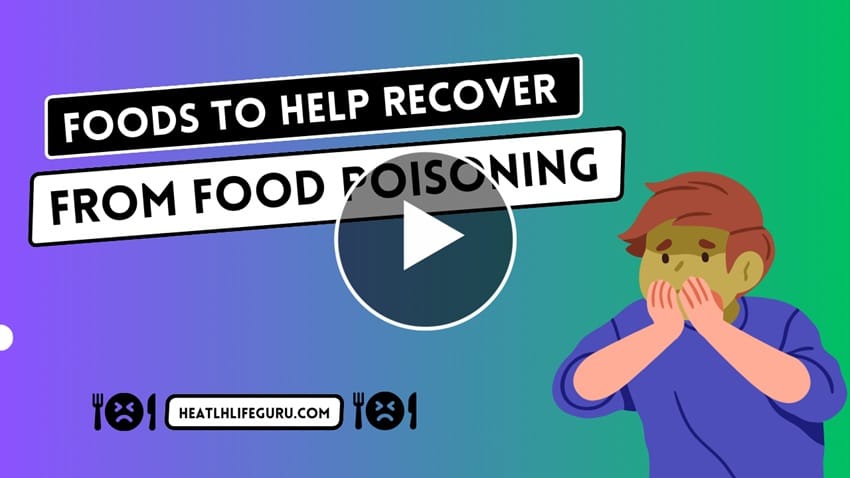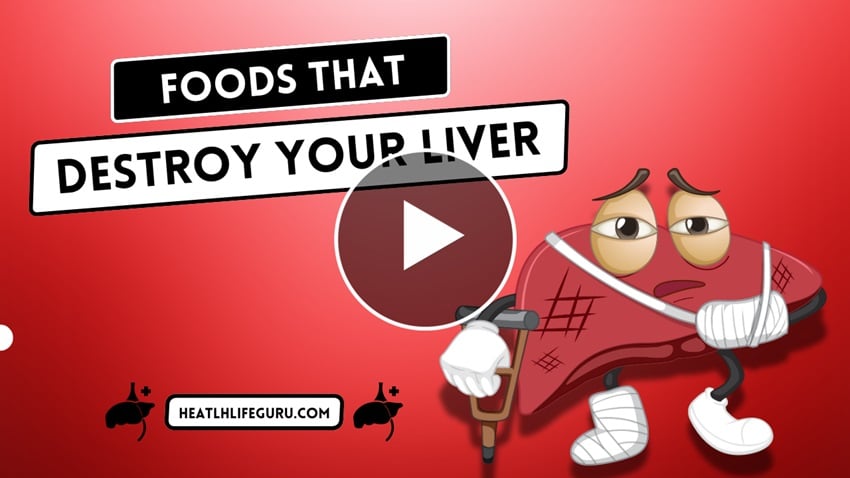Cortisol is often referred to as the “stress hormone,” produced by the adrenal glands. It plays a crucial role in various functions, including metabolism, immune response, and the regulation of sleep cycles. However, elevated cortisol levels can lead to a range of health issues. Remember to like and subscribe to the Health Life Guru YouTube for more videos like this!
Contents
The Red Flags: Signs of High Cortisol
- Constant Fatigue: Even after a good night’s sleep, you feel drained.
- Weight Gain: Particularly around the abdomen, despite no significant changes in diet or exercise.
- Mood Swings: Irritability and anxiety become your constant companions.
- High Blood Pressure: Elevated cortisol levels can contribute to increased blood pressure.
- Trouble Sleeping: Difficulty falling asleep or staying asleep throughout the night.
Why Does Cortisol Spike?
Several factors can contribute to high cortisol levels:
- Chronic Stress: The most common culprit. Your body is in a constant “fight or flight” mode.
- Poor Diet: Consuming high levels of processed foods, sugars, and caffeine.
- Lack of Exercise: Physical inactivity can disrupt cortisol levels.
- Medication Side Effects: Certain medications, like corticosteroids, can elevate cortisol.
Effective Ways to Lower Cortisol
Exercise Regularly
Physical activity, especially aerobic exercise, is effective in balancing cortisol levels.
Mindfulness and Relaxation Techniques
Practices like meditation, deep-breathing exercises, and even simple walks in nature can help.
Balanced Diet
Incorporate foods rich in antioxidants, like berries, nuts, and leafy greens. Avoid excessive caffeine and processed foods.
Quality Sleep
Aim for 7-9 hours of uninterrupted sleep. Keep electronic devices away from the bedroom to improve sleep quality.
Consult a Healthcare Professional
If symptoms persist, it’s crucial to consult a healthcare professional for a proper diagnosis and treatment plan.
High cortisol levels can wreak havoc on your body and mind. Recognizing the warning signs is the first step in taking control. Implementing lifestyle changes like regular exercise, a balanced diet, and quality sleep can go a long way in lowering your cortisol levels. If you’re experiencing persistent symptoms, don’t hesitate to seek professional medical advice for a tailored treatment plan. Remember, your well-being is in your hands. Take proactive steps today for a healthier tomorrow.


